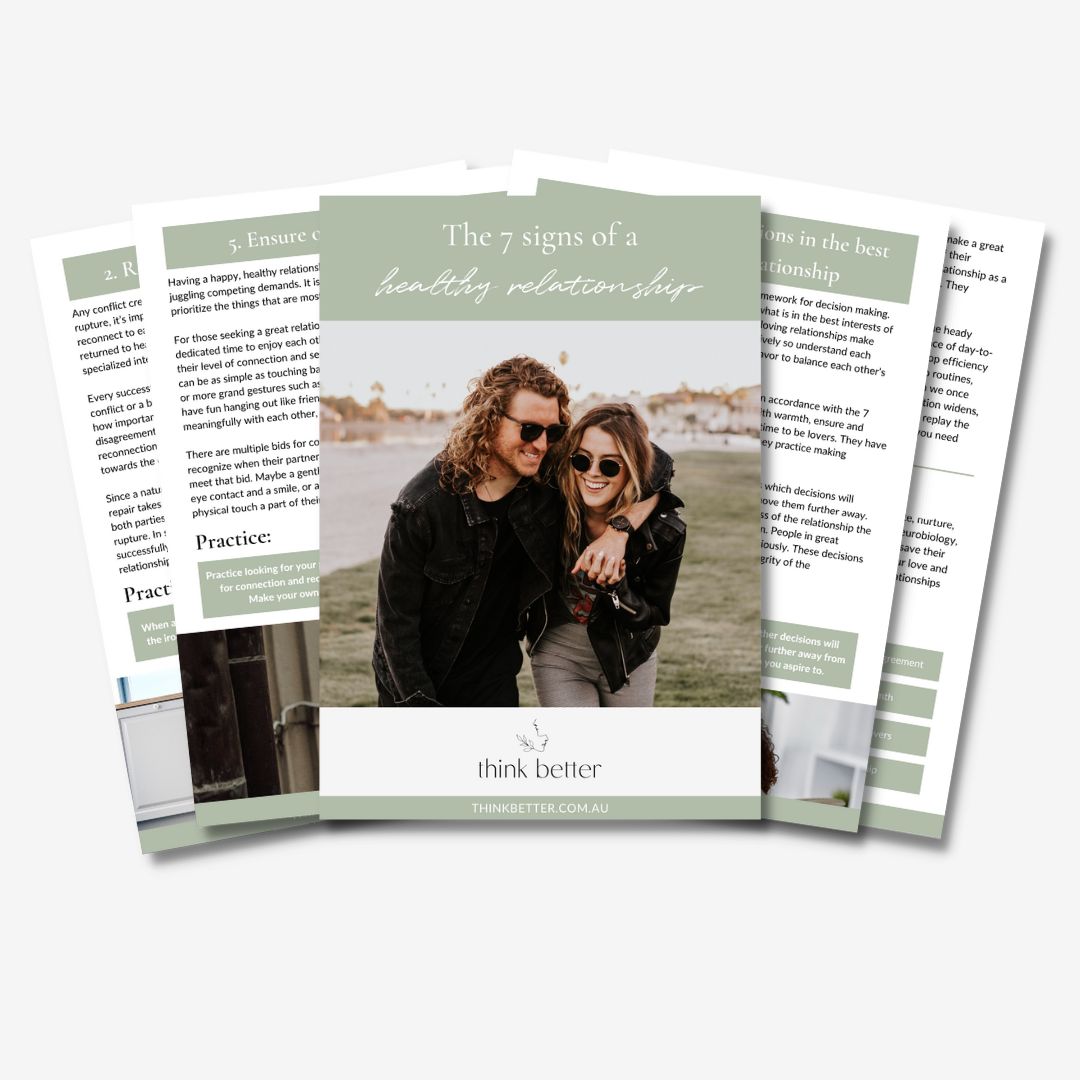How do you know if it’s love? – what a complex question! Given the Eskimos have approximately 50 words for snow, how is it possible that the Western World only has one word for love? As I plan and research this article I’m seduced by the many layers and nuances of love. It is evident there are different types of love but how many types of love are there? What characteristics define them? There’s romantic love, universal love, friendship love. Love as a feeling. Love as a practice. Love as an action.
The one question, “how do you know if it’s love?” necessarily leads to more questions. Which actions arise from love? Which actions indicate it’s not love? Can love be possessive or is that not love at all? Can you love someone and still feel bad when you are with them? How do love and boundaries interact? When is love simply attachment pretending to be love? Defining love becomes complex as the pure emotion is often mixed up with other, less desirable, feelings.
Defining the different types of love
If we can define what love is, we have a greater chance of embracing it when it comes along. Even better, if we can identify what love is then we can actively practice more of the type of love we want. While there are many competing theories of what love is, most define love by specifying different types of love. We’ll look at two of these perspectives to see where they agree and where they diverge. Today we explore a Buddhist perspective on love which outlines 3 types of love. Later we will review a philosophical perspective from the ancient Greeks who defined 8 types of love.
What the Buddhists can teach us about love
Buddhist Master Geshe Kelsang Gyatso, says that there are three types of love:
- affectionate love
- cherishing love, and
- wishing love.
He uses an example of a mother’s love for a child to illustrate the 3 types of love. A mother who is happy to see her child and takes delight in them is said to have affectionate love for her child. It is a warm and tender love that sees the child through an affectionate, strength-focus including the child’s limitations. This affectionate love gives rise to love in action – cherishing love. Cherishing love is a desire to cherish and care for her child. She takes action to alleviate her child’s suffering and encourage her child’s happiness.
Finally, wishing love goes beyond the mother’s immediate familial bonding to encompass humanity. It is based on the understanding that, just like the mother’s love for her child, all human beings experience affectionate and cherishing love for the people close to them. It follows that since we all have some wish to alleviate suffering and encourage happiness we all deserve to be happy and free from suffering too.
Affectionate love
From the Buddhist perspective you can see that affectionate love is a warm and affectionate love that delights in the other person (or animal – the Buddhists simply refer to living beings in general). There is a positive regard for the other which is experienced as deeply connecting and provides a sense of belonging. Think of when you meet a dear friend or loved one and their face lights up when they see you. You know they are happy to see you and feeling fondly towards you and it feels good. It creates a positive feedback loop as you will naturally feel more loving towards them too. That’s affectionate love.
Cherishing love
It is natural for cherishing love to arise from affectionate love. When you feel affection for someone you want to look after them and contribute to their happiness. Since their happiness is important to you, you seek to understand them, actively listening so you can look after their needs and contribute positively to the relationship. When making decisions which impact them, you consult with them, consider their preferences, and work out a solution together.
Cherishing love protects, nurtures, and encourages each other and the relationship. That’s not to say there is an absence of disagreements or conflict. Every relationship has differing perspectives which give rise to conflict. Handled respectfully conflict doesn’t have to diminish love. With effective conflict management you are confident that you can work through disagreements while still protecting your love.
Wishing love
It’s helpful to think of wishing love as universal love. It is a broader love of all humanity based on a sense of compassion for our shared predicament. The Buddhists believe that every living being seeks happiness and to avoid suffering – from the smallest ant carrying crumbs for its colony to World Leaders. In our desire to be happy we are equal. Our birthplace, gender, religious beliefs, employment, status, and sexuality is irrelevant.
Our quest for happiness most often finds us looking for love and belonging yet the way we go about loving often brings us a great deal of unhappiness. Love is often tainted with misunderstanding, fear, anger, or possessiveness so there is much to develop compassion for! Wishing love wishes for all living beings to experience the happiness of pure love. It is a love which is far greater than ourselves. Such love is an outward focused radiation of love while also feeling beautiful and expansive within.
What you can do to experience more love
You can do simple things to develop affectionate and cherishing love in your close relationships. In the daily grind of responsibilities It is too easy to forget just how much affection you have for your loved ones. In racing to tick off all the things you need to do it can feel hard to actively cherish those you love. It can sometimes feel like another obligation on a long list. Yet if you take the time to slow and reflect on what is most important, often what gives you the best quality of life when you have freely and consciously given or received affectionate or cherishing love. Make the time to actively focus on thinking about, and acting on, your affection for your loved ones – and watch how your interactions bloom.
If you want to experience even more love in your life you can practice wishing love in your daily interactions outside your close circle. Whenever you are interacting with someone you don’t know very well remember that person is seeking love and happiness just like you. Next time you are grabbing a coffee, notice how the person is and inwardly wonder if they’d appreciate a little more love. Give them a smile or a compliment and watch them light up. When you are consciously sending a little care and love to those you come across, even buying a coffee can be a meaningful practice.
Both the Buddhist and Greek philosophies have a clear crossover in their definitions of love, yet the Greeks also had a specific focus on romance, passion and love of the self. Next time we’ll explore these and the other 8 types of love the ancient Greeks discovered…




Thankyou Amy, for those of us who have grown up with love not always being a positive experience, and then we question our own capacity to love and be loved…when you mentioned love is for all living beings, I know my strong connection with my beautiful dog, has taught me much about my capacity to love and be loved.
And I see love in my life today like I have never seen it before, both within and without.
I appreciate your blog, it’s often like a map , to help guide the way
Thank you Dawn. Sadly too many of us have negative experiences of what we think of as “love” in our early years. Sometimes those experiences can only teach us to understand what love is NOT. I’m so pleased you are enjoying the results of practicing loving yourself and your beautiful dog. Love is the way. x